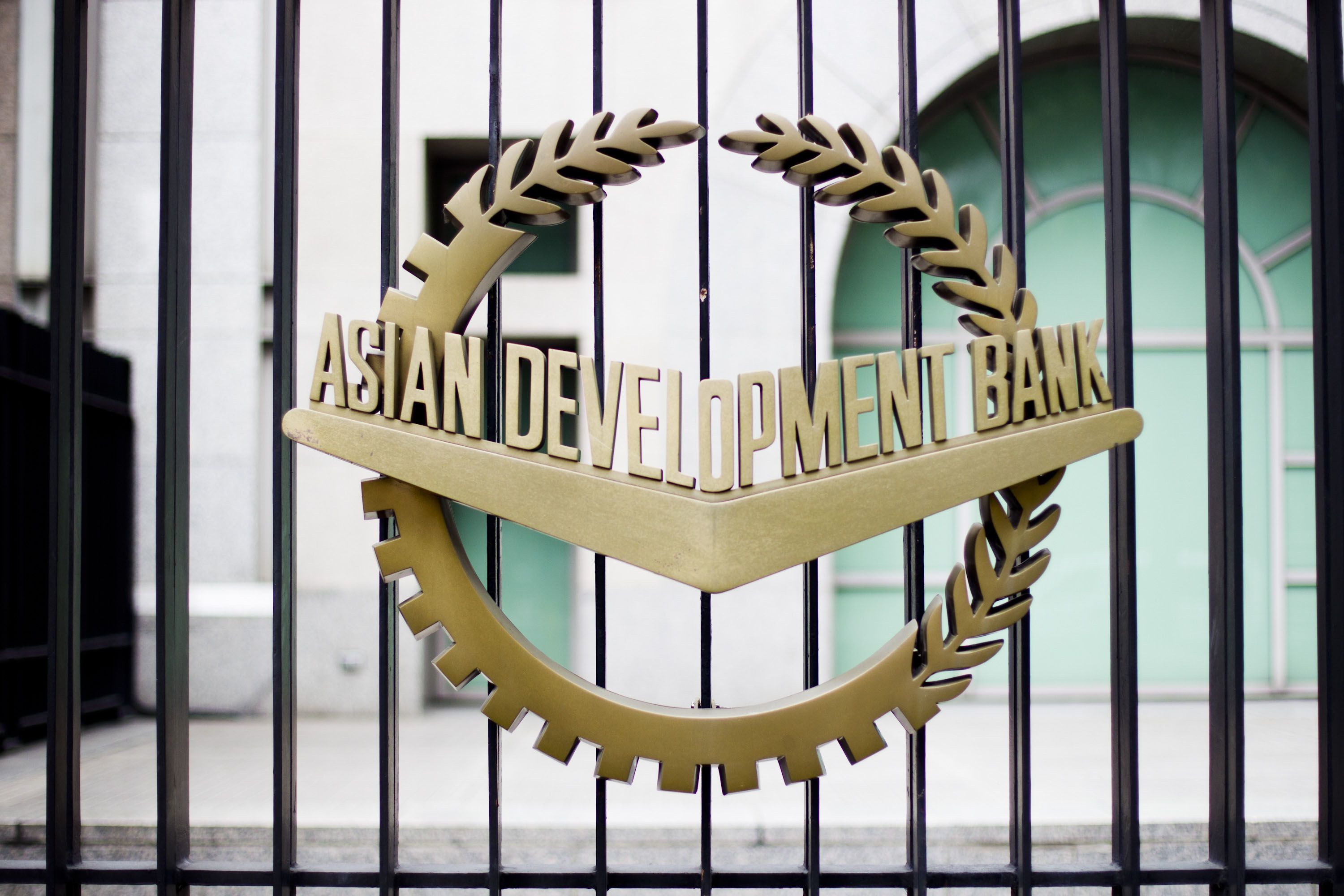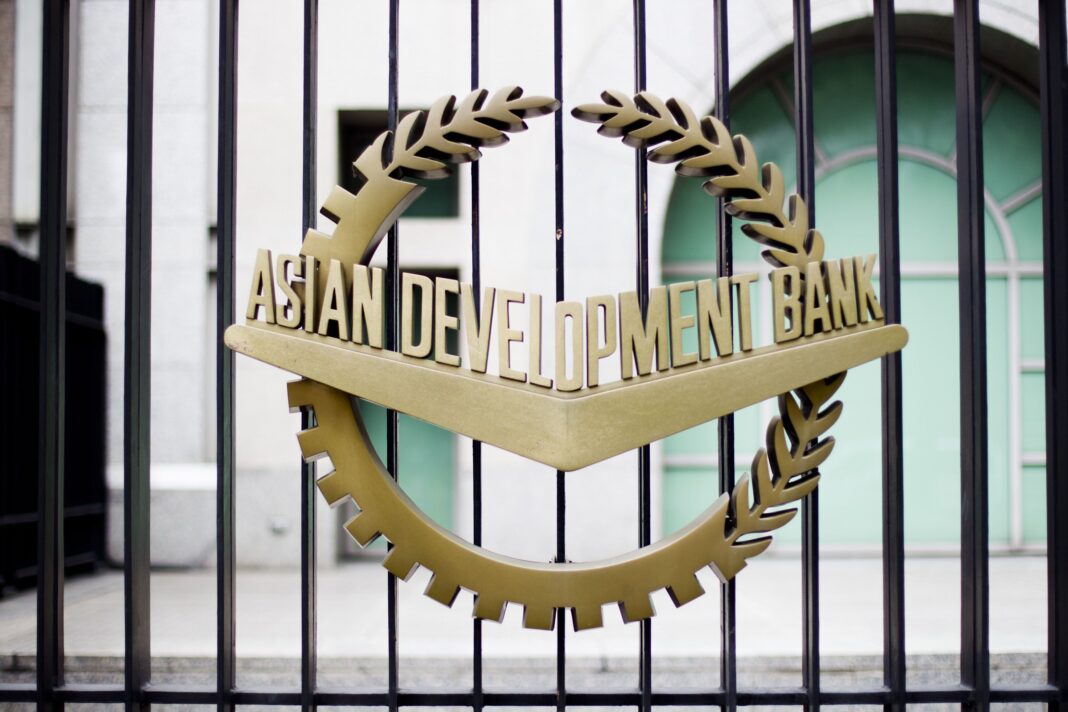
JOINING the Regional Comprehensive Economic Partnership (RCEP) will only increase the country’s income by less than a percent in 2030, according to data released by economists from the Asian Development Bank (ADB).
In an Asian Development Blog, economists led by Cyn-Young Park who is the Director for Regional Cooperation and Integration for ADB’s Economic Research and Regional Cooperation Department said the Philippines will see its income increase by $3 billion or 0.39 percent in 2030 due to the RCEP.
Compared to the Asean-5 economies, the Philippines will see the smallest increase in income while Malaysia and Thailand will see the highest increase at $7 billion each. China, Japan, and Korea will see the largest increase in incomes by 2030.
“By 2030, RCEP will increase the income of member economies by 0.6 percent while adding $245 billion and 2.8 million jobs to the regional economy,” the economists said. “This is especially welcome given the pandemic has dampened economic growth and caused job losses in many countries.”
RCEP is expected to take effect on January 1, 2022. The economists said the regional trade pact will take effect after at least six Asean members and three non-Asean countries ratify it.
They said as of the start of November, six Asean members have already ratified the agreement. These countries are Brunei Darussalam, Cambodia, the Lao People’s Democratic Republic, Singapore, Thailand, and Vietnam.
Further, four non-Asean countries—Australia, the People’s Republic of China, Japan, and New Zealand—have also ratified the agreement.
“While further work is needed to match its potential, RCEP holds promise if participating economies are motivated to undertake greater economic liberalization to support the post-pandemic recovery. As the pandemic dissipates, RCEP may well act as a catalyst for greater regional cooperation,” the economists said.
Farm sector
Earlier, the Department of Trade and Industry (DTI) warned that the local farm sector, which has opposed the RCEP, may miss out on the opportunity to export more products via the world’s biggest trade pact.
Trade Secretary Ramon M. Lopez said in a virtual event on Wednesday that RCEP, which accounts for about 30 percent of the global GDP, will provide the agriculture sector “good market” access for their products.
In a recent position paper, representatives of farmers, fishers, workers, civil society organizations and private sector said they were against the ratification of RCEP. (Read related article: Position Paper on the Regional Comprehensive Economic Partnership Trade Agreement,https://businessmirror.com.ph/2021/11/16/position-paper-on-the-regional-comprehensive-economic-partnership-trade-agreement/)
They said the trade deal was finalized without consultations with the agri-fisheries stakeholders and now, there is “no more opportunity” to possibly suggest revisions.

